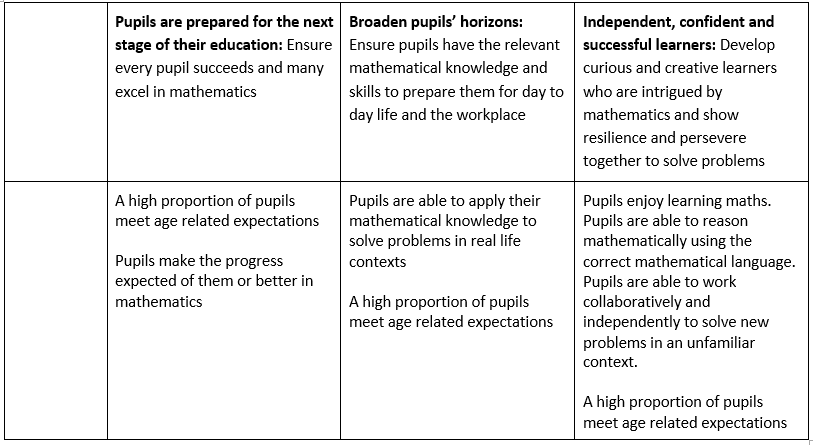Subject Leader – Mr A Carter
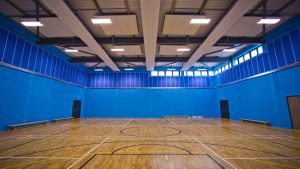
Here at Edward Peake C of E (VC) Middle School, we aim to provide a broad and balanced P.E. curriculum which enables pupils to experience and enjoy a wide range of sporting activities.
Developing pupil’s positive attitude towards physical activity is central to the P.E. department’s aims, as is encouraging pupils to participate in our extensive programme of extra-curricular sporting opportunities.
We believe that sport is an invaluable tool to help pupils reach their full potential. We not only help pupils develop their physical literacy skills; we also strive to help pupils develop essential life skills through team work and competitive play.
Intent:
The intention of the PE curriculum is to teach our children the positive impacts being active has on their social, metal and physical wellbeing. We aim to deliver high-quality teaching and learning opportunities that inspire all children to succeed in physical activities. To support this, we have an in-depth curriculum plan which also includes activities such as, dance, fitness, swimming and OAA. We offer an enriched sports leaders programme that allows our pupils to explore leadership qualities in their chosen area of interest, Thus, allowing pupils who participate in extracurricular activities the opportunity to gain experience in leadership. Physical education promotes an understanding in children of their bodies in action. It involves thinking, selecting and applying skills and promotes positive attitudes towards a healthy lifestyle. This is delivered through a golden thread approach, with key concepts running throughout each year’s group curriculum. These key concepts are skill development, active thinkers, mental and physical health and positive social impacts. This enables children to make informed choices about physical activities throughout their lives.
Our main aims are to:
- Live: Broaden pupil choices around their social, physical & mental wellbeing.
- Love: Encourage passionate, engaged and enthusiastic learners
- Learn: Develop independent, confident and successful learners who engage with the full PE curriculum
Pupils will have the opportunity to experience a balanced and varied curriculum allowing pupils to participate in a wide variety of activities covering invasion, racket, striking and fielding, aesthetics and athletics. They will also use technical terminology with confidence accurately and precisely, building up an extended specialist vocabulary.
Pupils have the opportunity to attend extra-curricular sporting clubs and competitions to represent their school and community. Our curriculum helps pupils to make positive informed choices around their health, well-being and diet. It is important to us that all pupils, no matter their current sporting ability or involvement in sporting groups have the opportunity to develop their full potential.
Our curriculum also aims to develop pupils’ cultural awareness by having a sound understanding of different sports, their origins, including British and world-wide sporting role models.
Implementation:
Pupils are encouraged to broaden and deepen knowledge of PE whilst showing a positive attitude to learning. The intent is implemented in PE through a series of performance, knowledge and theory, leadership and physical health/fitness preparation. We make full use of extensive outside space, sports hall and fitness facilities to implement our curriculum, allowing pupils to experience a wide range of sporting activities. Pupils are also encouraged to take on leadership roles, supporting other pupils through demonstrations, refereeing and coaching.
The PE curriculum follows the Edward Peake lesson structure, which allows pupils to see a clear demonstration and modelling before applying this knowledge to their own practice. Through reflection, pupils are encouraged to identify strengths and areas for improvement.
All pupils receive two hours of PE every week. In KS3 pupils are taught by subject specialist PE teachers. In KS2 pupils are taught by class teachers, supported by our subject specialist PE staff.
| |
Live:
Broaden pupil choices around their social, physical, mental wellbeing.
|
Love:
Encourage passionate, engaged and enthusiastic students.
|
Learn:
Develop independent, confident and successful learners who engage with the full PE curriculum
|
| In the classroom |
Live the feelings, emotions and understanding of our movements and lives. Understanding the impacts of exercise on their bodies both physically and mentally. |
The process of learning new skills, to experiment and to challenge.
Studying a variety of sports with the focus on physical and mental health benefits.
Experiencing tactics and strategies through a series of conditions and competitive situations.
|
To discuss, analyse and make their own decisions.
Develop understanding that will allow students to lead a healthy active lifestyle both now and in the future. With a broader knowledge and understanding of the mental and physical benefits to exercise.
|
| Out of the classroom |
Close links with feeder lower schools and upper schools. Close links to the wider community clubs and promote site facilities for outside clubs to use to engage more pupils. |
Having the opportunity to attend extra-curricular activities and represent the school. Celebrating successes and managing the challenges of defeat. |
Access to online resources, local fitness centres.
Access to outside clubs which will help build leadership through sport, thus developing self-esteem, confidence and resilience.
|
Impact:
Pupils achieve academically, are ready for their next steps in education and have high aspirations for their future.
|
Live:
Broaden pupil choices around their social, physical, mental wellbeing.
|
Love:
Encourage passionate, engaged and enthusiastic students.
|
Learn:
Develop independent, confident and successful learners who engage with the full PE curriculum
|
|
Pupils are prepared to move from one year group to the next.
KS3 pupils’ subject knowledge and health understanding are at a level prepared for upper school specialist teaching.
|
Pupils have high aspirations for their future.
Pupils are prepared for the wider world
Pupils understand other people’s physical abilities, social differences and challenges
|
Pupils attain broadly in line with national averages, given their starting points.
Progress across the four years is at least good.
|
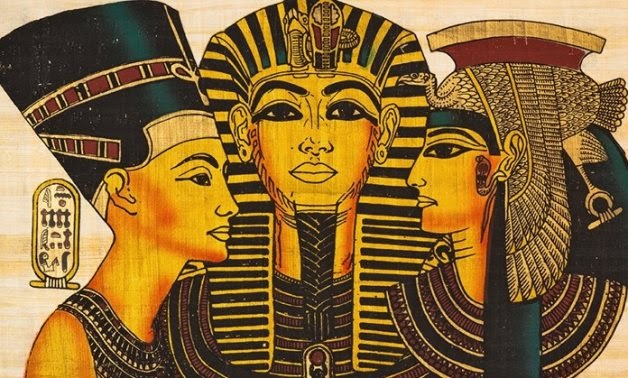
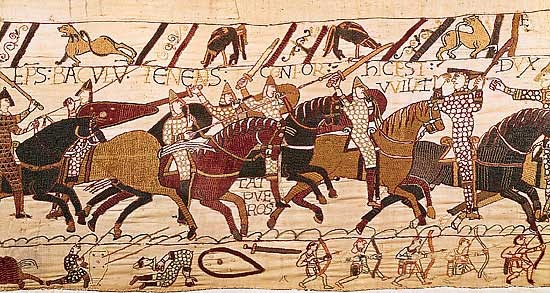 Pupils are encouraged to broaden and deepen knowledge whilst showing a positive attitude to learning. Pupils in year 5 and year 6 are taught by their class teacher under the guidance of the subject leader. Pupils in year 7 and year 8 are taught by a subject specialist. All pupils have an hour of history every week.
In history we use the Edward Peake lesson structure to ensure that all pupils are able to engage fully in their learning.
Each year has an overarching theme which each topic feeds into. Every lesson has a key question for pupils to explore and deepen their historical knowledge.
Pupils are encouraged to broaden and deepen knowledge whilst showing a positive attitude to learning. Pupils in year 5 and year 6 are taught by their class teacher under the guidance of the subject leader. Pupils in year 7 and year 8 are taught by a subject specialist. All pupils have an hour of history every week.
In history we use the Edward Peake lesson structure to ensure that all pupils are able to engage fully in their learning.
Each year has an overarching theme which each topic feeds into. Every lesson has a key question for pupils to explore and deepen their historical knowledge.
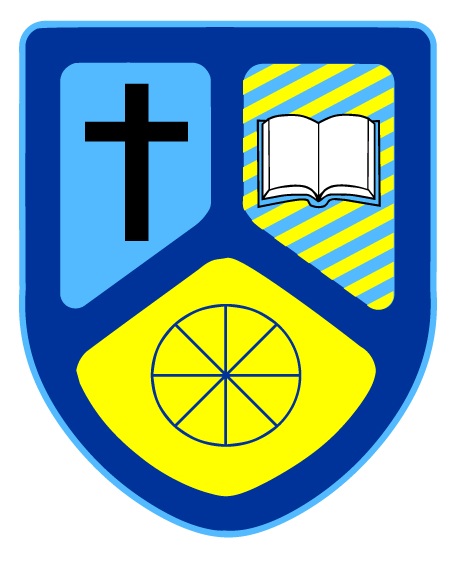

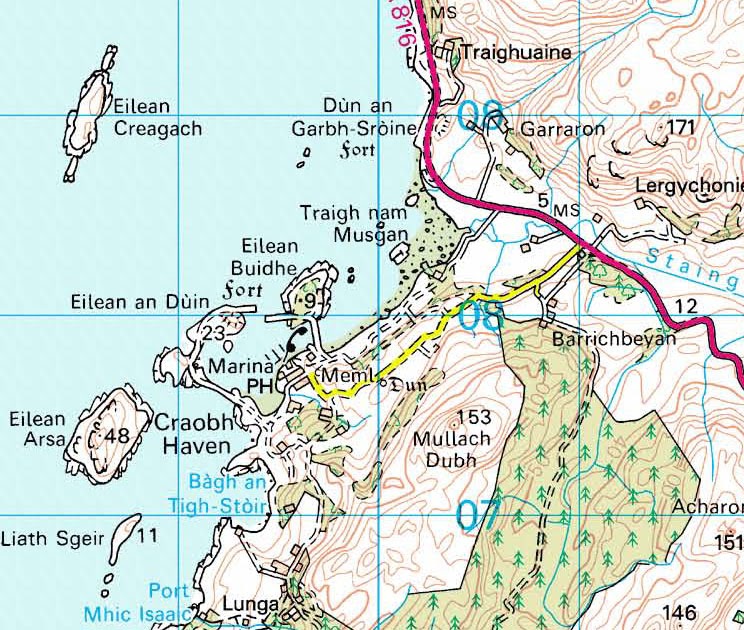
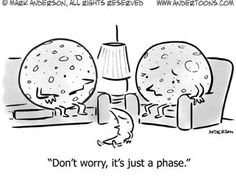

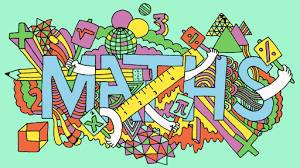
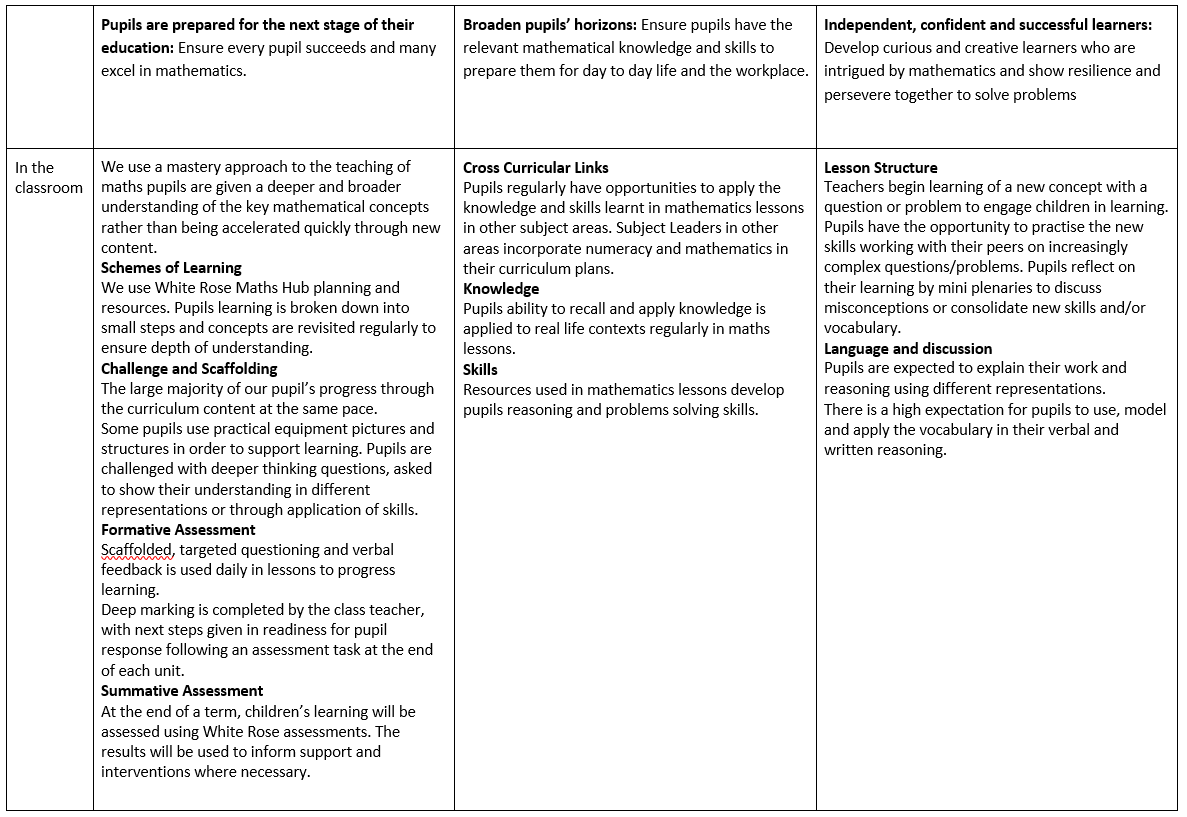
 Impact:
Impact: